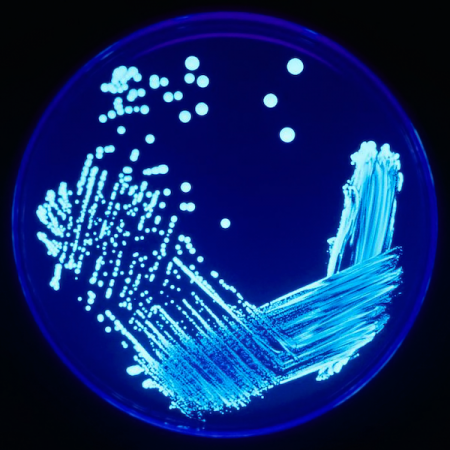
In the summer of 1976, a group of people attending an American Legion convention in Philadelphia all came down with pneumonia. About six months later, scientists said the cause was a strain of bacteria they hadn’t known about before. They named the strain Legionella and the pneumonia it caused Legionnaires’ disease.
Maine usually sees 10 cases a year of legionella infections. This year 18 cases have been confirmed, compared to 11 at the same time last year. According to an advisory issued this week by Maine CDC, “No common exposure has been identified between any of the cases.” Connecticut, Massachusetts, and parts of Canada have also seen an increase in the number of cases. Health officials don’t know what’s behind the increases, although some speculate it has to do with the mild, rainy weather.
Legionella bacteria are usually found in water but they can also live in hot and cold-water taps, showers, whirlpool baths, creeks, ponds, and wet soil. People can become infected when they breathe in contaminated mist or water droplets. The air conditioning system at the convention center was determined to be the source of the bacteria that caused the outbreak in Philadelphia. Infections are not spread from person to person.
Symptoms of Legionnaires’ disease are similar to other forms of pneumonia and usually show up from two days to two weeks after exposure to the bacteria.
Symptoms of Legionnaires’ disease
- fever
- chills
- cough
- muscle aches
- headaches
- fatigue
- loss of appetite
- loss of coordination
Legionnaires’ disease can be treated with an antibiotic, but it’s usually not the same type used to treat other, more common types of pneumonia. While anyone can become infected, it’s more common and more serious in elderly people and anyone with a weakened immune system.
The CDC is asking health care providers in Maine to be on the lookout for legionella infections, to consider and test for Legionnaires’ disease if a patient is diagnosed with pneumonia, and to report any cases to the state.
If you are interested, Maine CDC has more information about legionella infections (legionellosis) on its website.

Leave A Comment